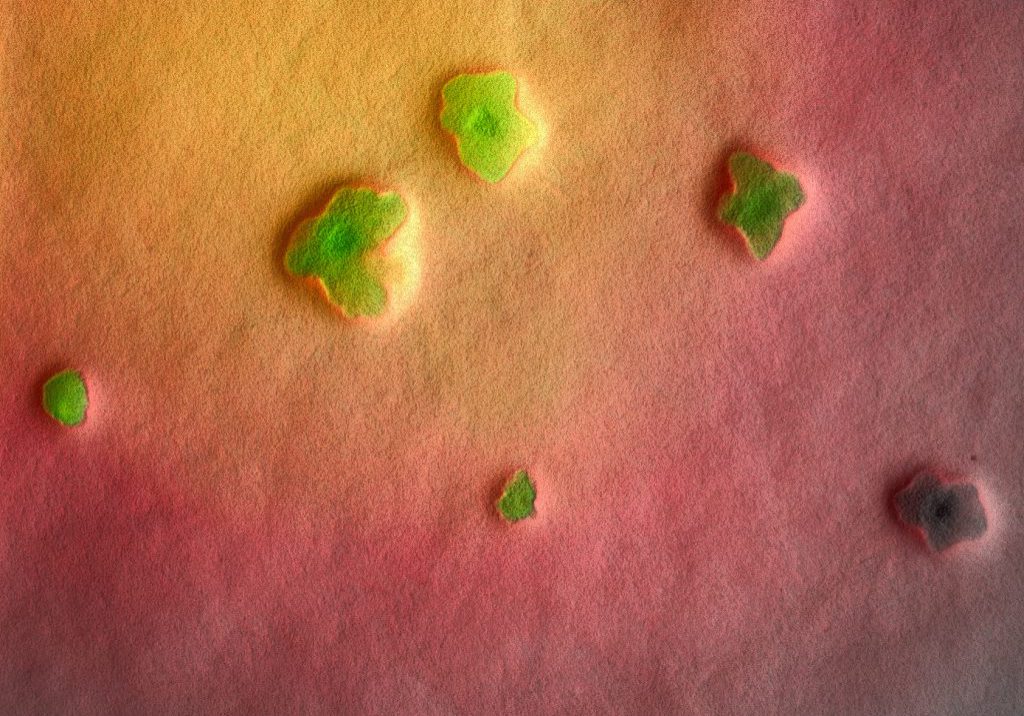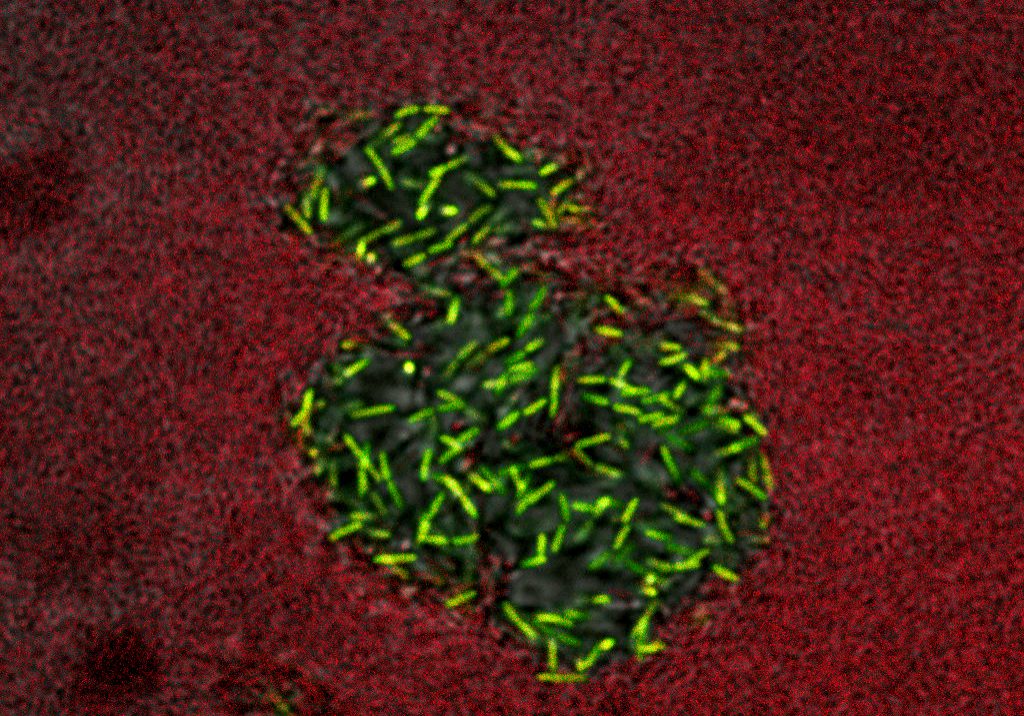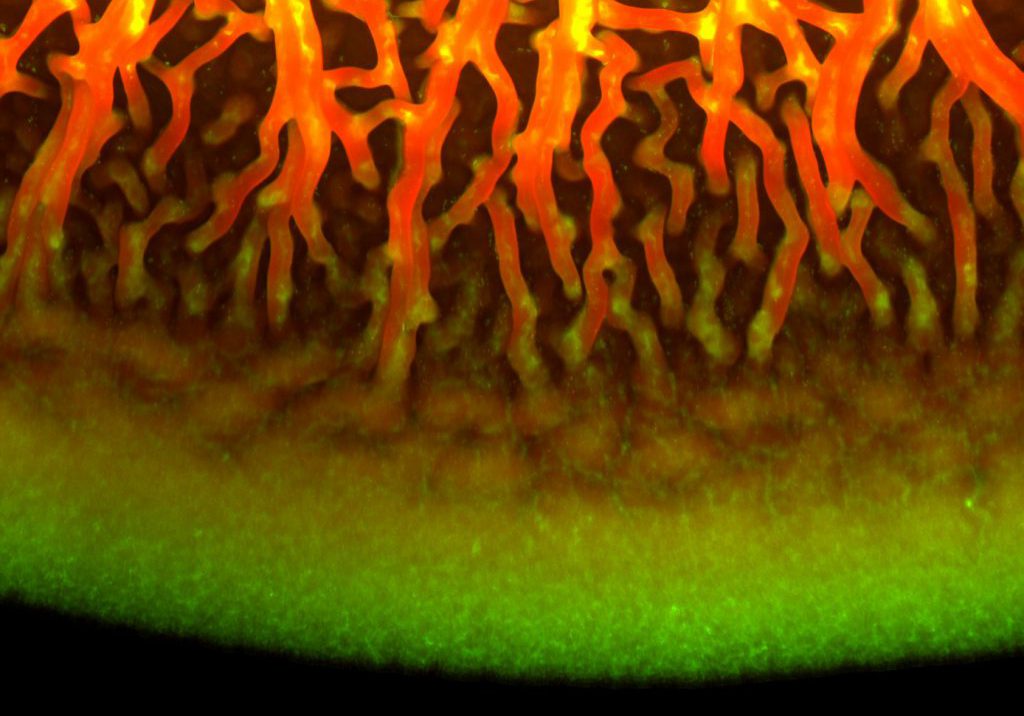



Mechanisms of microbial interaction and multicellularity
Microbes are often described as simple and selfish creatures that lead a pendulum-like life of feast or famine. Within these boundaries, however, lies a complex world that is shaped by conflict and cooperation among highly interactive cells that closely associate with one another. We hypothesize that many important microbial phenotypes that impact our lives immensely, in both positive and negative ways, have their roots in interactions among the microbes. Therefore, understanding microbes and their societal impacts require us to understand their social adaptation and evolution.
Our research focuses on the mechanisms of microbial interaction at three scales: i) the study of multicellular behaviors that manifest via pre-wired genetic circuits, ii) the study of de novo mutations that forge new interactions, and iii) the study of natural interactions between ecologically and clinically linked strains and species. We employ a multidisciplinary approach that strives to integrate all the way from population biology down to molecular structure and function. We explore the fascinating world of microbes at the interface of:
- Evolution (phenotypic and genetic bases of multicellular behaviors and adaptations across a wide range of timescales)
- Chemistry (intracellular and extracellular compounds that shape and modulate interactions)
- Biochemistry (signal transduction systems that govern the production of interactive compounds)
- Computational Biology (regulatory networks and mathematical modeling of interactions)
- Synthetic Biology (genetic and physical engineering of microbial communities)
For those interested in joining our team, we welcome individuals with motivation and strong desire to develop and integrate multiple expertise toward systems-level understanding of interactions in microbial communities.